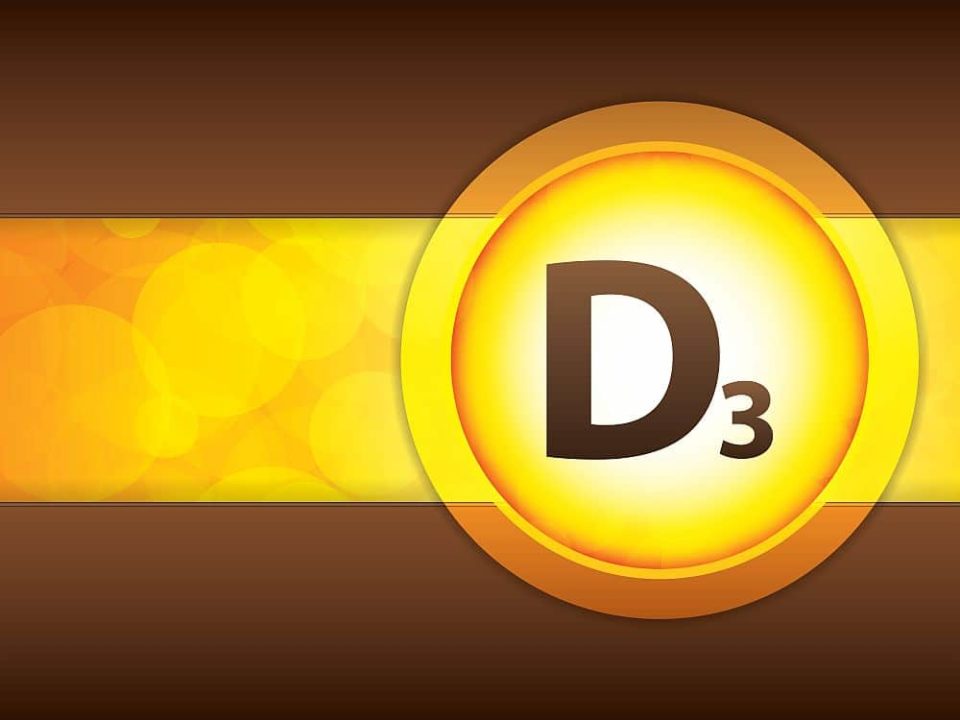Many are knows about vitamin D and its importance in our body and day-to-day diets. However, if we talk about vitamin D3, the thing is not so clear, and surely you have never heard of it. In this article, we will try to clear your doubts and explain what it is about, and without going too much into scientific details. We will help you get an idea of how our body can produce it or absorb it naturally.
What is Vitamin d3
The first unknown we will try to solve is the most obvious; What is vitamin D3? Or, more specifically, how is vitamin D3 different from vitamin D?
The first thing we should know is that vitamin D3, or cholecalciferol – a derivative of cholesterol via 7 (dehydrocholesterol) – is nothing more than a special type of vitamin D group. Many times, when we talk about vitamin D, we are referring to vitamins D2 and D3, the best known and important within that group. Therefore, it is not a different type of vitamin D from vitamin D, but rather a subgroup of it.
How it works in our organism
The vitamin D3, like all of the D group, is primarily responsible for regulating bone density and promote fortification and has many benefits in the immune system and normal operation of many of our organ systems.
Also Read: Studying the Benefits of a Calorie Deficit
How it is produced

The best way for our body to get vitamin D, as in most cases when we talk about group D vitamins, is with food intake. There are specific foods that provide us with significant amounts of it, but in the specific case of vitamin D, the sun’s rays in contact with our skin also provide this specific type of vitamin to our body. However, by protecting us from the sun with sun creams to avoid the burns that may occur. Scientists estimate that the amounts we get to absorb in this way are insufficient for our body, thereby reinforcing the importance of having a balanced diet rich in vitamin D.
Finally, it is important to know that it is specifically the tablets or drops of vitamin D3 or cholecalciferol. That is prescribed to people with vitamin D deficiency or those who, for any reason, do not properly absorb said vitamin regularly. That is through their diet and contact with the sun’s rays.
Also Read:

